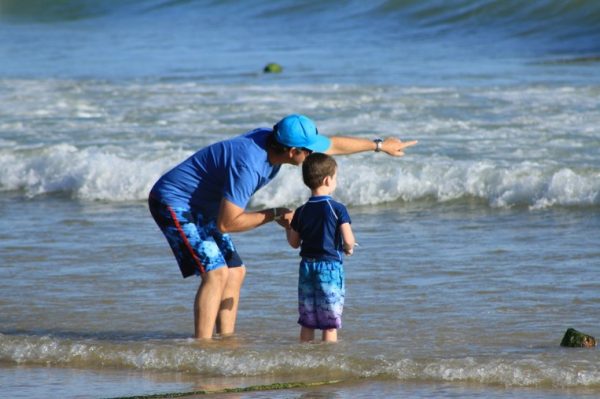
Parenting Is Willing To Learn And Grow Alongside The Child
Good parenting and bad parenting have distinct characteristics that significantly impact a child’s development, behavior, and emotional well-being. Understanding the difference between good and bad parenting helps to improve parenting skills and parents clearly focus on child’s overall development.
What is good parenting? Good parenting focuses on nurturing the child, fostering their growth, and preparing them for a successful and healthy life.
Unconditional love and support: This means expressing love and care consistently, making the child feel secure and valued. And encouraging open communication without fear of judgment.
Consistent discipline: Setting clear and reasonable boundaries. Enforce rules with consistency, explaining the reasons behind them.
Positive reinforcement: Celebrating a child’s accomplishments, no matter how small. Encouraging efforts to overcome outcome and helps the child build self-esteem.
Active listening: Paying attention to the child’s thoughts, feelings, and opinions. Validate their emotions and offer guidance when needed.
Modeling good behavior: Demonstrate honesty, empathy, patience, and other positive traits. Teach by example not just by words.
Fostering independence: Always encourage problem solving and decision-making skills. This helps and allows the child to learn from mistakes while you are providing support.
Flexibility and adaptability: Understandingthat each child is unique and adapts parenting styles accordingly.
What is bad parenting? Bad parenting often stems from neglect, poor discipline, or unhealthy behaviors that can lead to long-term negative outcomes for the child.
What are some of the characteristics of bad parenting?
Neglecting: Failing to meet the child’s physical, emotional, or psychological needs. Exhibiting disinterest or lack of involvement in the child’s life.
Inconsistent discipline: Enforcing rules unpredictably or too harshly. Using punishment instead of teaching leads to confusion or fear.
Over criticism: Focusing on the child’s mistakes rather than their achievements. Engaging in negative labeling (like saying “You are lazy” or “You are useless”).
Poor communication: Dismissing and ignoring the child’s feelings or concerns. Communicating with child hostility or sarcasm creates a toxic environment.
Modeling harmful behavior: Displaying aggression, dishonesty, or unhealthy coping mechanisms. Exposing the child to harmful environments such as substance abuse and domestic violence.
Over control or lack of control: Overly controlling parents prevent the child from developing autonomy. Permissive parents fail to set boundaries, leading to insecurity and confusion.
Emotional unavailability: Not offering comfort, love, or attention when the child needs it. This creates a sense of abandonment or worthlessness in the child.
What impact does good and bad parenting have on children?
Good parenting: Builds resilience, confidence, and emotional intelligence. It fosters strong relationships and healthy coping skills.
Bad parenting: It leads to low self-esteem, behavioral issues, and difficulty forming relationships. And increases the risk of mental health problems, such as anxiety or depression.
Image credit: https://pxhere.com/en/photo/484711 (CC0 Public domain)
Author: Sumana Rao | Posted on: January 8, 2025
« Understanding Saponins In Your Food Ways To Enjoy Daily Cooking »






















Write a comment